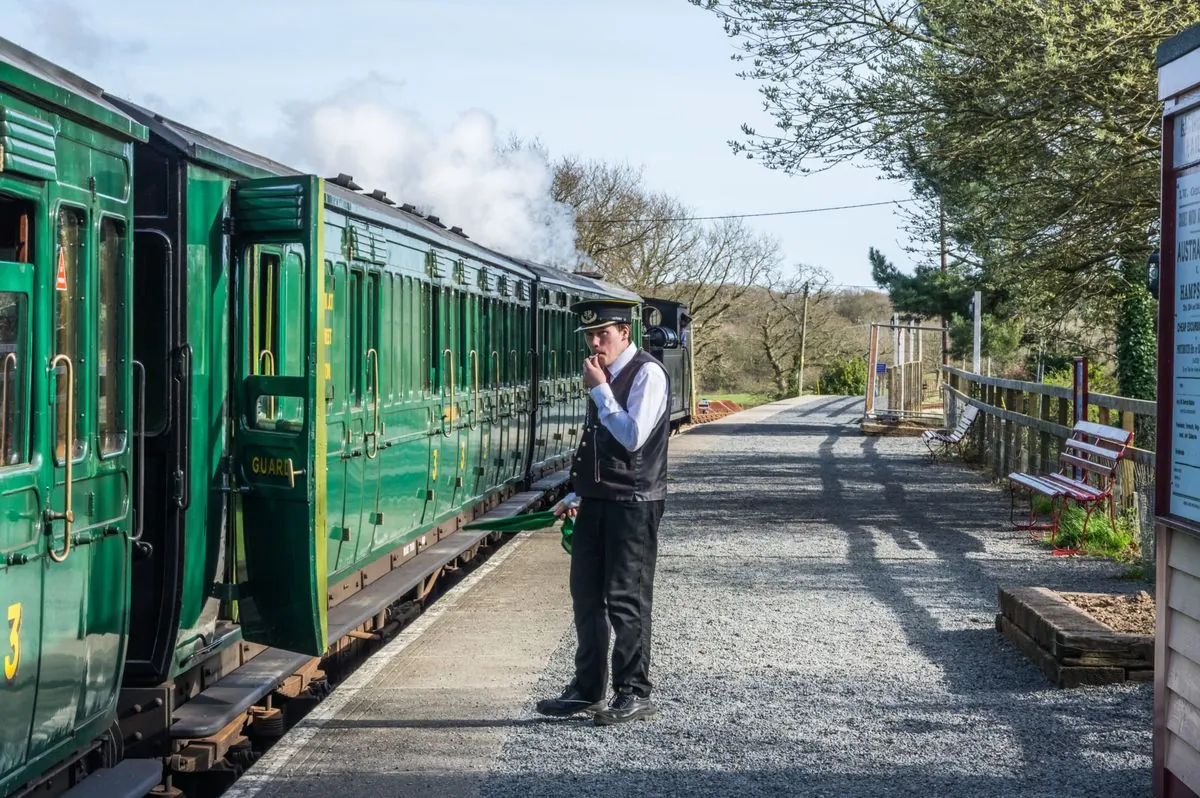UK Government Considers 15% Pay Hike for Train Guards Amid Union Talks
The UK government is reportedly planning a 15% pay increase for train guards, following recent public sector pay rises. This move has sparked political debate and ongoing negotiations with rail unions.

The UK government is reportedly considering a substantial pay increase for train guards, according to recent information. The proposed 15% salary boost comes amid ongoing negotiations between major rail unions and the Department for Transport (DfT).
This potential pay rise follows a series of recent wage increases in the public sector. In July 2024, junior doctors were offered a 22% raise over two years to resolve NHS strikes. Additionally, Rachel Reeves, the Chancellor, approved a 5.5% salary increase for millions of public sector employees, costing nearly £10 billion.
The railway industry, with its over 20,000 miles of track, has been a focal point of recent labor discussions. Train guards, whose role dates back to 1838, are responsible for passenger safety and train operation. The proposed 15% increase would apply to non-driving rail staff, including guards, engineers, and ticket office workers.
For train guards, who currently earn approximately £28,800 annually, this raise could result in a £4,300 increase. The pay offer is reportedly awaiting Treasury approval before being formally presented to the unions.

The potential pay deal has sparked political debate. Helen Whately, the shadow transport secretary, criticized the offer, stating it "lays bare the choices Labour are making" in government. She accused the Labour Party, founded in 1900, of being "under the thumb of the unions who fund them."
Union responses to the proposed increase have been cautious. Maryam Eslamdoust, general secretary of the Transport Salaried Staffs' Association (TSSA), which has represented rail workers since 1897, expressed a desire for fair treatment across all transport employee grades. An RMT spokesperson, representing the union formed in 1990, stated they had not received a formal offer and were continuing discussions with the DfT.
The negotiations occur against a backdrop of potential industrial action. Recently, the RMT rejected a pay deal from London's mayor that would have increased Tube drivers' salaries to £70,000. The union is now considering strike action on the London Underground, which has been operating since 1863.
Louise Haigh, the Transport Secretary, defended the recent offer to train drivers, emphasizing her commitment to "move fast and fix things." This approach reflects the ongoing challenges in balancing public sector pay with economic constraints, a task that has faced Chancellors since the 12th century.
As negotiations continue, the outcome of these pay talks could significantly impact the UK's railway system and potentially set precedents for future public sector wage negotiations.
"The pay increase was at the same level as that for the drivers, would be worth 14.94 per cent, and backdated to cover the last three years."


































